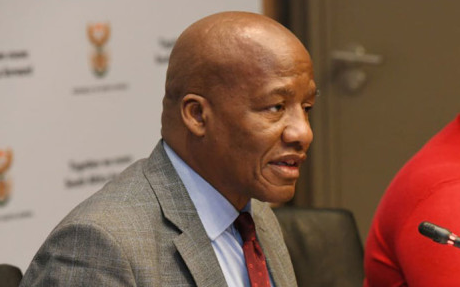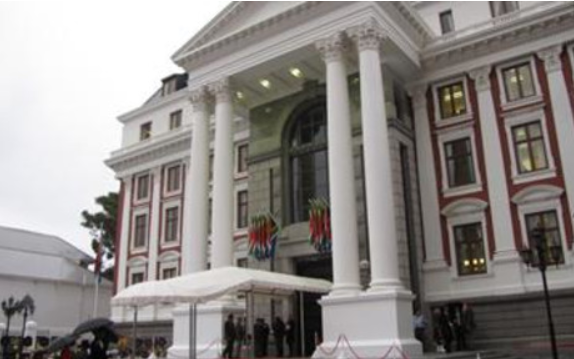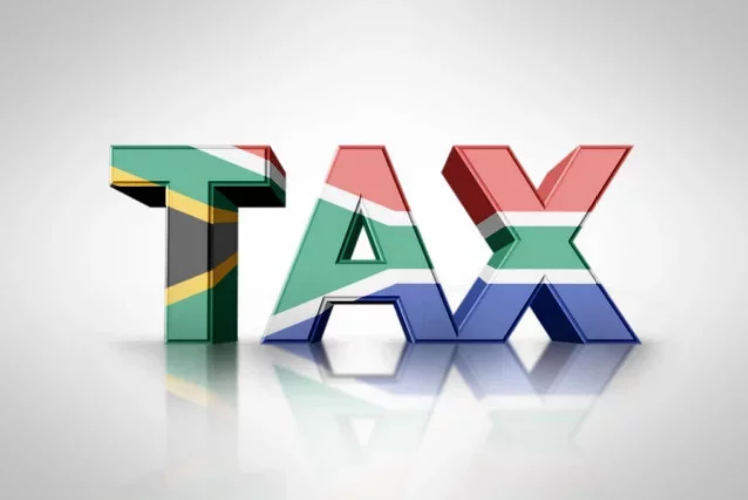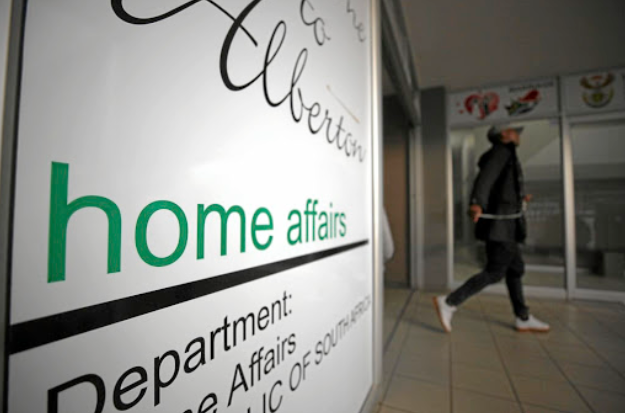Over the past 48 hours it seems as if government’s policy and planning strategy in easing the lockdown has started coming apart.
On Sunday night the president announced that the whole country will on 1 June be moved from level four on the risk-adjusted lockdown strategy to level three, with a “differentiated” approach to be followed in future.
That was followed by announcements that the customary unpacking of regulations by the relevant ministers – including local governance minister Nkosazana Dlamini-Zuma – would happen on Tuesday in two separate briefings.
But then it started to unravel.
First, on Tuesday morning, the briefings – where Dlamini-Zuma would no doubt have been queried on the continued hard-line on the sale of cigarettes – was postponed to the following day, Wednesday.
This was done without any reasons provided by government communicators.
Appearing in Parliament later Tuesday, Health Minister Zweli Mkhize told MPs that hotspots – districts, areas, metros – could well remain at level four, with the metric used to determine its status being infections of more than five per 100 000 people.
This immediately ruled out the country’s major metropolitan areas – and the heartbeat of a weak economy – from moving to level three, with all the accompanying limits and constraints on South Africans who were expecting to return to school and work.
This fact was pointedly not mentioned by Ramaphosa during his Sunday night address, which immediately drew comparison with his earlier announcement about the resumption of cigarette sales, which was later overturned.
On Tuesday night President Cyril Ramaphosa announced that churches, mosques and places of religious worship will reopen under certain conditions, chief of which is that gatherings are limited to 50 people or fewer.
Exactly like funerals, which have been allowed from the get-go.
And on Wednesday morning, a day after the National Institute of Communicable Diseases (NICD) logged a significant decrease in testing, the briefings which are supposed to outline the detail of life at level three (or is it level four?) was postponed without any indication when it might happen.
We now have no indication or clarity which areas will remain at level four and which will move to level three, nor is there any scientific explanation why places of worship have been exempted from the strict rules preventing mass gatherings which are supposed to prevent the rapid spread of a deadly disease.
At lunchtime on Wednesday, Mkhize released a statement about his statement in Parliament, claiming what he said is in total agreement with what the president said, and blamed an “old slide” for the confusion.
But there were not one, but two, slides in the presentation saying that hotspots will remain at level four. And if it was just an “old slide” why not correct it during the presentation and prevent further confusion?
Government, and the president, is not doing enough to clearly, accurately and robustly communicate its strategy to the public.
It has, from the very beginning, been reluctant to share data, with the message being informally communicated that the public cannot be trusted with information and, worryingly, that it doesn’t want to sow panic when the true nature of our situation becomes known.
How will schools and business function at the level four-level three juncture?
How do the metrics fit into the differentiated approach? And on what scientific basis are churches allowed to operate but family gatherings are still outlawed? There are no answers.
It took many formal requests, WhatsApp messages, emails, phone calls, grovelling and threats before South Africans were given insight into the modelling and projections prepared for government, and only after academics like Professor Glenda Gray went out on a limb to criticise the authorities and the “unscientific” and “nonsensical” phasing out of the lockdown.
If it wasn’t for Gray, the models, as fluid and as uncertain as they are, would probably never have been shared with journalists. And we would never have understood a sliver of data that the president and his colleagues base their decisions on.
But government’s unresponsiveness has been across the board and naggingly consistent.
The ministries and departments of health and economic development are woeful in their communications (spokespeople for the latter never respoond); the presidency reacts when it feels like it (often not at all); the National Health Laboratory Service (NHLS) doesn’t acknowledge detailed queries, while the NICD is so overwhelmed it often has no clue as to how to deal with requests for information.
Ramaphosa, in delivering seven national addresses since the start of the lockdown, hasn’t faced one press conference – not one – where he can be asked to explain and clarify and expand on the myriad issues in the public domain.
Communications from the president is one-way. He can never be challenged, questioned or queried.
Instead we see the president saying one thing, his ministers often something else, and the rest of South Africa wondering what’s actually going on.
Article by News24










